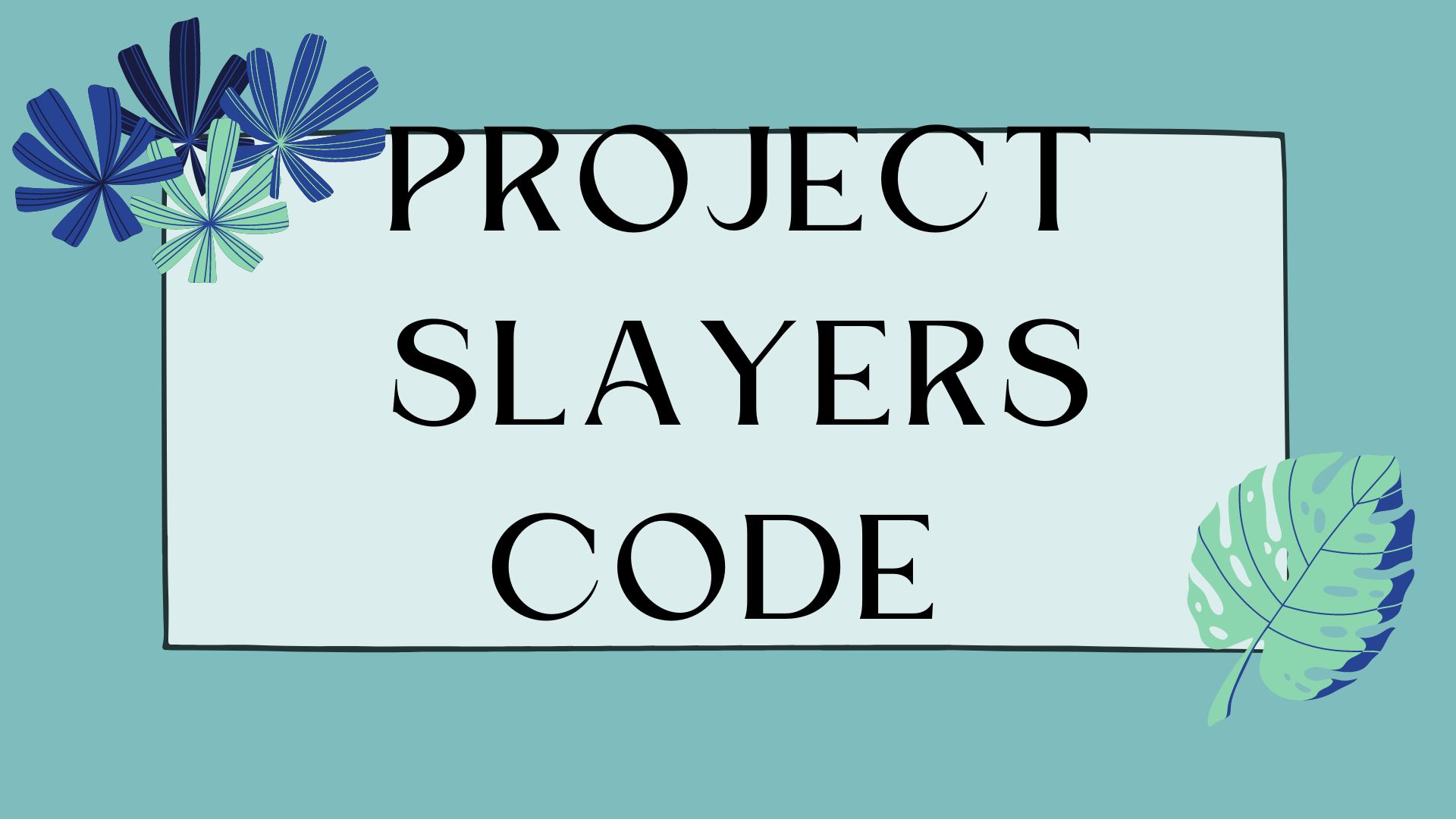As a provider of National Disability Insurance Scheme (NDIS) services, you have certain obligations to participants. These obligations are set out in the NDIS Quality and Safeguards Framework and include requirements around service delivery, maintaining records, and staff training and supervision.
You must also comply with the NDIS Code of Conduct, which sets out the standards of behaviour expected of NDIS providers.
Learn about the NDIS orientation module with provider+ is a needs-based system that provides support for people with a disability. The NDIS is designed to help people with a disability to live an ordinary life and participate in the community. The NDIS is a partnership between the Australian Government and the states and territories.
The NDIS provides support for people with a disability to live an ordinary life by:
- Providing access to early intervention services
- Giving people choice and control over the services they receive
- Helping people to find and keep a job
- Supporting people to live independently
- Providing access to mainstream services
The NDIS also provides support for carers.
The NDIS is funded by a mix of Commonwealth and state/territory government funding. The Australian Government is responsible for funding the NDIS for people with a disability who are aged between 0-65 years. The states and territories are responsible for funding
Why Are These NDIS Obligations Important?

The National Disability Insurance Scheme (NDIS) is an Australian Government initiative that provides funding for disability support services and equipment for people with permanent and significant disabilities. The NDIS also provides support for carers.
The NDIS gives people with disabilities more choices and control over the disability support services and equipment they receive. It also provides more information about the support services and equipment that is available to them.
The NDIS is designed to improve the quality of life for people with disabilities and their families and carers. It is also designed to give people with disabilities greater independence and participation in the community.
Also, the NDIS has a number of obligations that must be met by service providers and equipment suppliers. These obligations are important because they help to ensure that people with disabilities receive the supports and services they need to live their lives to the fullest.
What Happens If NDIS Providers Fails To Meet Their Obligations?
If you’re an NDIS participant, you have certain rights and responsibilities. One of your responsibilities is to make sure you understand your plan and what you need to do to implement it. Part of your NDIS plan will include working with service providers to help you achieve your goals.
Your service providers also have rights and responsibilities. One of their responsibilities is to meet the obligations set out in their service agreement with the NDIA.
If your service provider fails to meet its obligations, there are a few things you can do. You can talk to your provider about the problem and try to work out a solution. If this doesn’t work, you can contact the NDIA. The NDIA will work with you and your provider to try to resolve the issue. If the issue can’t be resolved, you may be able to find another provider who can meet your needs.











